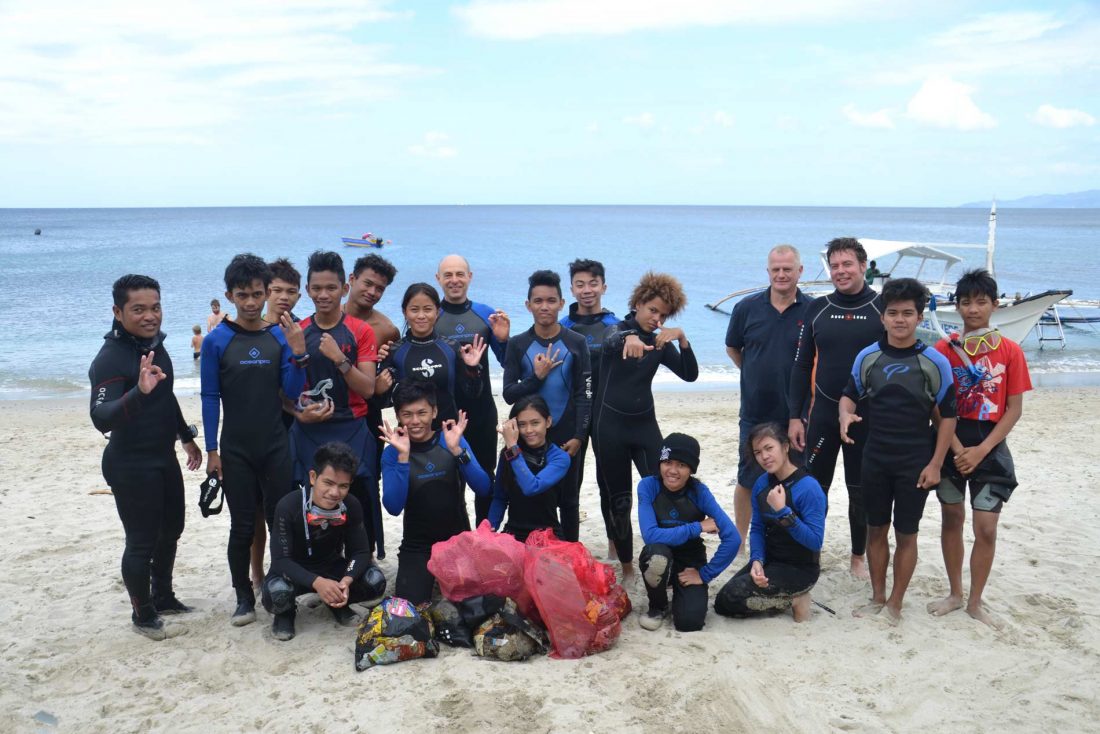
SCUBASURA: Aninuan, House Reef Clean Up Drive
The Philippine waters faces many challenges in terms of cleanliness and we all know that one of the major contributors of this problem is trash.
People’s rubbish affects the health of the marine wildlife and the livelihood of those who depend on it; plastics are being eaten by the turtles and fishes resulting to their distressing shortened lifespan and dramatic reduction of population. A filthy shore also gives negative impact to tourism which is one of the important sources of the economic expansion to some of the country’s archipelagic communities. The more trash we throw onto the seas, the more it is difficult and costly to remove them.
Scuba for Change is a Not-For-Profit dive centre with a mission statement to employ, train and educate locals from the area and to donate 50% of our profits to the local Stairway Foundation, which is a charity organisation in Puerto Galera, Philippines who’s work and programmes are to prevent child exploitation in the Philippines. Every cent that is spent is funding change not only for the children but also the local community by provided jobs and education in cooperation with the Stairway Foundation Inc. They had taken the initiative to drive ocean cleanup activities last Saturday, January 21, 2017, at Aninuan, House Reef located in Puerto Galera from the shore of Aninuan Beach. The project SCUBASURA (“basura” is the meaning of “trash”), spearheaded by Scuba For Change together with Stairway Foundation Inc., Verde Divers and Deepblu and was participated by the scholars of the Stairway Foundation Inc. who were all certified Open Water scuba divers since 2016 – Change for Children. The main objective of the project is to spread awareness among the locals of Puerto Galera about the importance and benefits of sustaining clean and healthy ocean, and empower the youth to lead in taking solid actions even on simple ways to protect our ocean.
The team has collected 30 kilos of garbage from the Aninuan, House reef – plastic bags, plastic bottles, diapers, floor coverings (linoleum), clothes, beverage bottles, nappies, snack wrappers, etc., Despite that this amount of trash does not even equate to the tip of the iceberg in comparison to the whole of earth’s ocean problems on plastics, this has helped the locals to reflect on their own habits that affect the waters and encourage the people to participate in clean up dives may be it initiated by local government or private sectors. We should all take responsibility and accountability; fight with us to achieve our vision of trash-free seas.
Author: Denice Cabanban
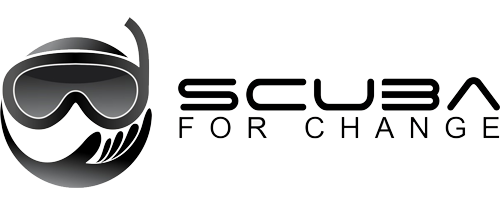

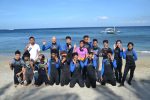
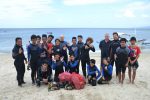
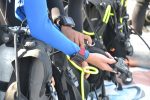
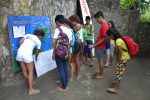

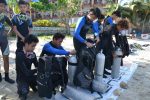
No Comments